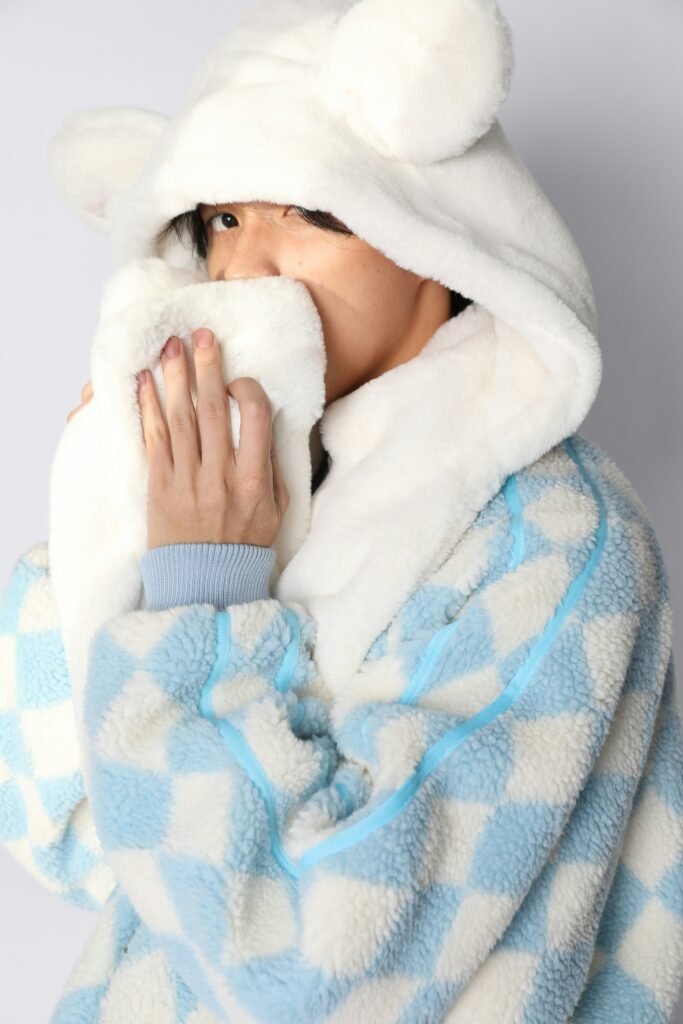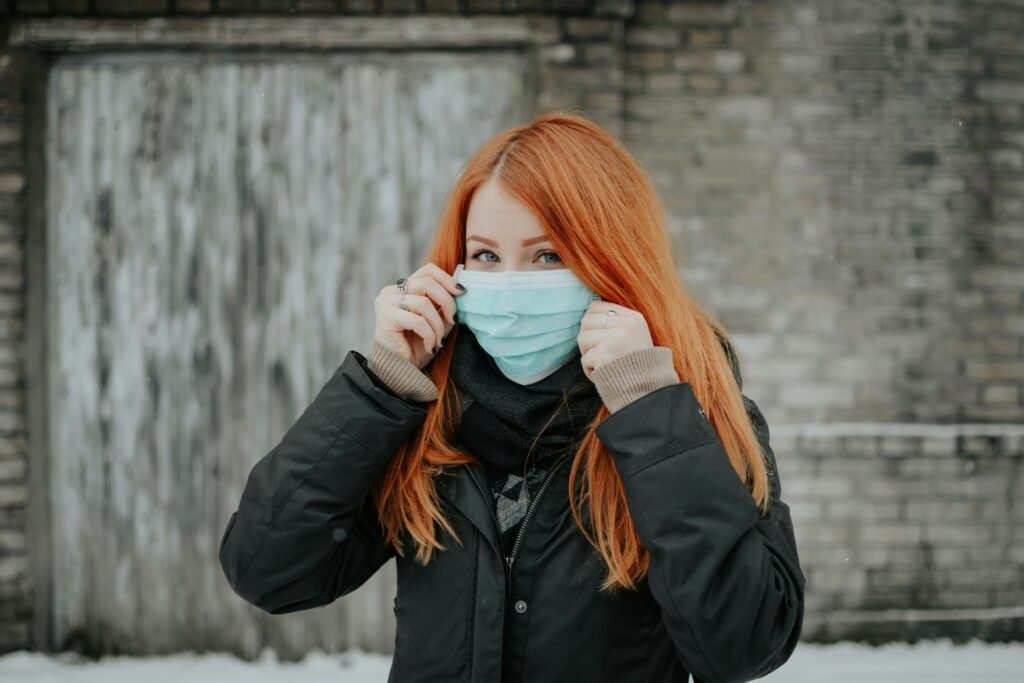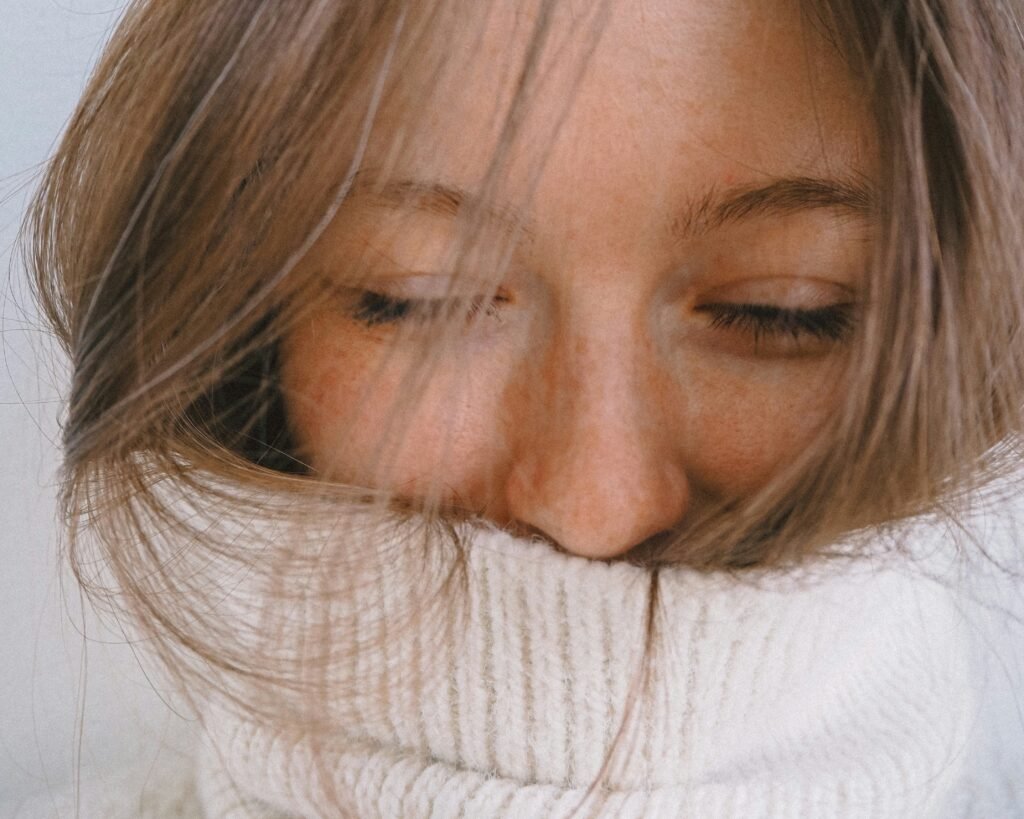Have you ever considered how your body responds to extreme temperatures? Specifically, have you thought about the benefits of exposing yourself to cold through cold plunges? There’s been a growing interest in how this practice may influence your immune response. Let’s unpack this intriguing topic.
What Are Cold Plunges?
Cold plunges, often involving immersing the body in cold water for a brief period, have been utilized in various cultures for centuries. Many athletes swear by it for muscle recovery, while wellness enthusiasts advocate for its myriad health benefits. The idea is simple: you expose your body to cold water, and in return, you may unlock a range of advantages.
Historical Context
Different cultures have utilized cold therapy since ancient times. The Greeks and Romans incorporated cold baths into their routine, appreciating them for various health benefits. More recently, Scandinavian cultures have championed cold plunges as a vital component of their daily rituals, especially during the darker and colder months.
The Science Behind Cold Exposure
Understanding how cold exposure affects you requires some knowledge of the scientific principles at play. When you plunge into cold water, your body reacts almost immediately.
Physiological Response to Cold
When your body encounters cold, your initial response is a series of physiological reactions aimed at preserving your core temperature. Your blood vessels constrict, directing blood flow away from the periphery toward your vital organs. This response is known as vasoconstriction.
The Role of Shivering
One of the most noticeable reactions to cold exposure is shivering. You may find yourself shaking uncontrollably as your body attempts to generate heat. Shivering activates your muscles, and, in turn, generates warmth. This is your body’s natural response to keep you warm when it feels exposed to cold threats.
Hormonal and Immune Responses
You might wonder what’s happening at the biochemical level when you’re immersed in cold water. Research indicates that cold exposure triggers the release of several hormones, including adrenaline and norepinephrine. These hormones can enhance alertness and focus, essentially acting as natural stimulants.
Additionally, cold exposure may positively affect your immune system. Ice-cold water can increase levels of certain white blood cells, which play a crucial role in your immune response.

The Immune System: A Brief Overview
Before we dive deeper into the relationship between cold plunges and your immune system, it’s helpful to understand how your immune system operates.
Components of the Immune System
Your immune system consists of various components that work together to identify and eliminate pathogens. Here’s a simplified breakdown of its major players:
| Component | Function |
|---|---|
| White blood cells (WBC) | Attacks pathogens and foreign substances |
| Lymphatic system | Helps transport WBCs and filters harmful agents |
| Spleen | Filters blood and stores WBCs |
| Bone marrow | Produces WBCs |
These components collectively work to ensure your body can fight off infections and maintain overall health.
Cold Plunges and Immune Response: The Research
Many studies have explored the connection between cold exposure and the immune system.
Increased White Blood Cells
One particularly interesting study conducted in 2000 examined the effects of cold showers on immune response. Participants who engaged in regular cold exposure showed an increase in leukocytes, our body’s white blood cells.
Implications of WBC Increase
So what does this mean for you? An increase in white blood cells can indicate a boosted immune response. With more immune fighters readily available, you may experience a heightened defense against pathogens.
Inflammation Reduction
Another area of research shows that cold exposure may help reduce inflammation in the body. Inflammation is a natural response to infection or injury, but chronic inflammation can lead to numerous health problems.
How Cold Plunges Aid in Reducing Inflammation
Cold plunges work by inducing vasoconstriction, which reduces blood flow and swelling to an area, essentially acting as a natural anti-inflammatory treatment. It’s why athletes often use ice baths after intense training sessions — to aid recovery and promote healing.

Other Benefits of Cold Plunges
Beyond just immune response, cold plunges are associated with a variety of other health benefits.
Mental Health Advantages
Immersing yourself in cold water can have positive effects on mental health as well. The abrupt change in environment can elicit a rush of endorphins, your body’s natural mood elevators.
Cold Therapy and Stress Reduction
Cold exposure can also reduce levels of cortisol, the stress hormone. In managing stress, you may find that you feel more balanced and centered.
Enhanced Circulation
A surprising benefit of cold plunges is improved circulation. When you expose your body to cold, blood vessels constrict, and upon returning to a warm environment, they dilate. This process can help stimulate blood flow, promoting better circulation throughout the body.
Practical Tips for Cold Plunges
If you’re considering incorporating cold plunges into your routine, a few tips can help you do so safely and effectively.
Start Slowly
If you’re new to cold exposure, it’s essential to ease into it. Begin with cooler showers, gradually decreasing the temperature over time. The goal is to acclimate your body to the sensations.
Duration Matters
The effectiveness of cold plunges often depends on the duration of the exposure. Most practitioners recommend starting with short dips — around 1 to 3 minutes — before working your way up to longer sessions.
Safety Precautions
It’s critical to prioritize safety when engaging in cold plunges. Make sure to:
- Know your limits: If you feel too cold, get out immediately.
- Stay hydrated: Cold exposure can be taxing on your body, so ensure you’re adequately hydrated.
- Consult a professional: If you have underlying health conditions, consult with a healthcare professional before incorporating cold exposure into your routine.

Real-World Applications: Who Benefits from Cold Plunges?
You might be asking yourself who can truly benefit from cold plunges. The answer is diverse, as people from various backgrounds have found advantages.
Athletes and Trainers
Athletes often use cold plunges for muscle recovery after strenuous workouts. The cold reduces inflammation and helps relieve soreness, making it easier to bounce back for the next session.
Wellness Enthusiasts
For those who are keen on wellness and health optimization, cold plunges can be part of a broader strategy aimed at improving overall well-being. Regular exposure can lead to greater energy levels, better focus, and enhanced mood.
Chronic Illness Patients
Some research suggests that cold plunges may also be advantageous for individuals with specific chronic conditions. For example, people with inflammatory diseases may find relief as cold exposure works to reduce systemic inflammation.
Conclusion: Is Cold Plunging Right for You?
As we’ve journeyed through the science behind cold plunges and the immune system, it’s clear that this practice holds potential benefits. From boosting your immune response to enhancing your mental state and aiding recovery, cold plunges could be worth considering as part of your wellness routine.
The Final Thoughts
Remember, it’s essential to listen to your body when trying something new, especially when it comes to extreme temperatures. What works for one person may not work for another. If you decide to embark on this chilly journey, approach it thoughtfully and intentionally.
Ultimately, the relationship between cold exposure and immune response is a fascinating aspect of wellness, and it could be one of your many tools in striving for better health.


